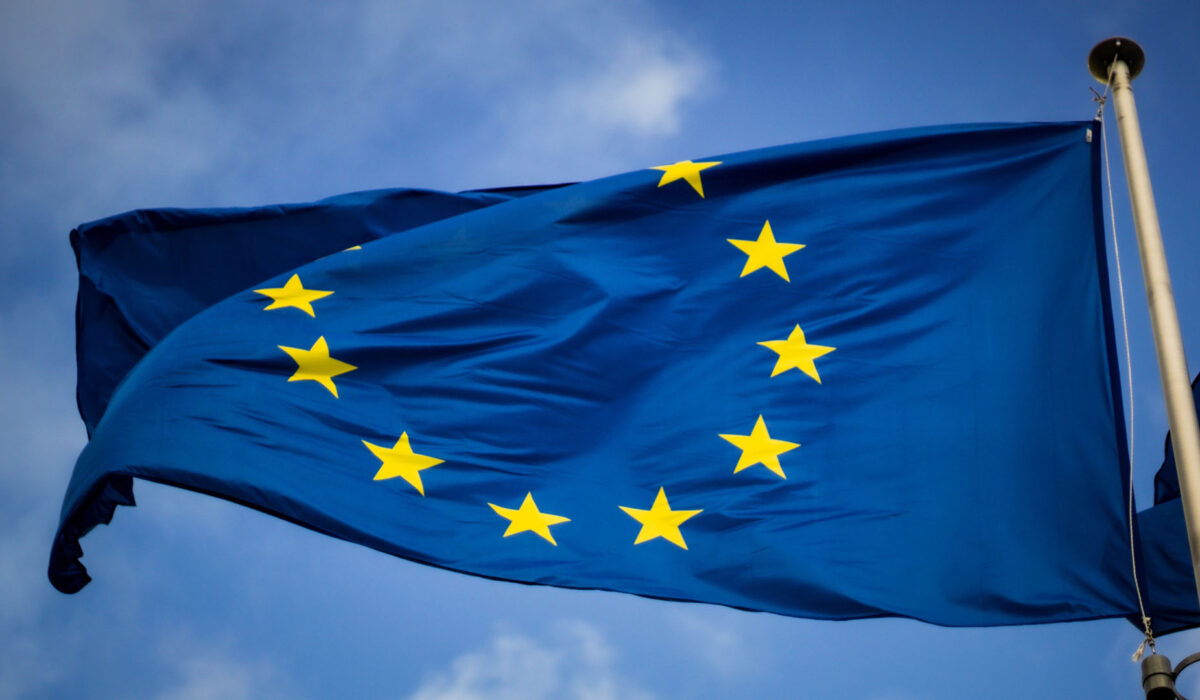Dr George Iordachescu has collated our responses to the new European Commission Environmental Crime Directive to create our Beastly Business team statement for the public consultation exercise. Please contact any member of the Beastly Business research team for further information.
Our Response
The European Commission recently sought to gather input from the public to improve the Environmental Crime Directive. Directive 99/2008/EC is the EU’s main instrument to protect the environment through criminal law. A recent evaluation found that the Directive did not fully meet its objectives, therefore the present review seeks to increase the contribution of ECD to the implementation of the European Green Deal and the Biodiversity Strategy.
The Beastly Business team were glad to use insights from our research to provide feedback and a set of recommendations.
We think that the EU should act to enhance environmental protection through criminal law in the Member States by addressing the improvement of cross-border cooperation, clarifying terms used to describe offences to be criminalised and ramping up the collection, sharing and reporting of statistical data on environmental crime.
Currently, the scope of the Directive is defined by a dated list of environmental legislation, which has not been updated for over a decade and does not include new areas of environmental law. One of the options on the table would be to change the current approach and define environmental crime independently of a breach of environmental administrative law, a very problematic option as the European Commission rarely has competence on criminal sanctions in the Member States, as very few domains are yet harmonised. As an alternative, we consider that it would be beneficial to update the Directive and its annexes by including new environmental areas or legislation that is currently not covered.
Although the Directive currently covers areas such as the killing, destruction, possession, or trading of specimens of protected wild fauna and flora or parts or derivatives, we think that the scope of this definition should be updated as wildlife trafficking is a much broader phenomenon. The European Union is not only a hub of transit for international trafficking but also a destination market and an important source region. More emphasis should be put on the EU’s role in IWT as a source region and destination market. Wildlife trafficking is also carried out by legal entities such as leisure and entertainment companies, sport hunting businesses and food retailers. This branch of IWT is thought to fall under the category of green-collar crime, i.e. the type of environmental crimes committed by legally registered companies who are involved in illegal activities or use their infrastructure to facilitate illicit trade. This trade develops in contexts of existing legal loopholes, poor collection and reporting of statistical data on environmental offences and deficient cross-border cooperation of national authorities.
One of the most significant shortcomings of the ECD up to date has been the use of vague terms in defining environmental crimes in the EU, hampering the application of its provisions in practice and setting back cross-border cooperation. We think that the updated Directive should define more precisely vague terms (e.g. ‘substantial damage’, ‘negligible quantities’) and provide non-binding EU guidance on the interpretation of vague elements by the national authorities through the enforcement chain. In addition, the Environmental Crime Directive should adequately address the existing legal loopholes and gaps in the criminal law across member states. Legal loopholes appear in judicial systems that use vague terms or do not provide enough guidance on interpreting these elements fostering the development of grey markets and illicit activities associated with IWT.
The practice has shown so far that significant differences remain between the sanction levels across the Member States. While we consider that it would not be helpful to set maximum sanction levels available to judges (for example, imprisonment) as it is complicated to harmonise criminal sanctions across very diverse criminal systems among which there are stark differences, we think that the Directive should offer a broad range of accessory sanctions and enhance non-binding guidance/best practices regarding these sanctions. In addition, the Commission should offer guidance to the Member States to better coordinate their administrative and criminal sanctioning systems while also foster the dissemination of information on sanction practices.
We think that cross-border cooperation is an essential element of making the ECD more effective, therefore strengthening the cooperation across borders should be doubled by coordination of law enforcement and collaboration of judicial authorities. Cross-border cooperation should extend to better reporting statistical data on environmental crime.
Common investigative tools across states could be helpful in principle, but fostering approaches linked to surveillance and security will not have any positive effects. We caution to make assessments based on the assumption that illegal wildlife trade and security are clearly linked when this has not been sufficiently proven by evidence-based research.
Regarding the practical implementation of the Directive, we think it would be instrumental if the Commission would use a combination of binding measures and non-binding guidance. In short, the Directive provisions should offer guidance to the Member States on the establishment of overarching national enforcement strategies involving all levels of the enforcement chain and setting up specialised training/specialisation of law enforcement officials and prosecutors with regard to environmental crime issues. For this purpose, the Commission should allocate specialised funding to facilitate training and dedicated infrastructure.
As the last point, we think that fostering the collection of accurate, complete and comparable data across MS should be enhanced and should be harmonised across the Union. Currently, many MS collect and report statistical data related to wildlife trafficking in an inconsistent and non-systematic manner. In this context, an assessment of the dimension and dynamics of IWT within the EU is difficult, and measures to tackle this phenomenon could be not efficient enough. For the same purpose, the Commission should formulate non-binding guidelines on collecting and reporting information on court cases, judgements, and sanctions related to the prosecution of cases of wildlife trafficking.
Dr George Iordachescu,
Dr Teresa Lappe-Osthege,
Professor Rosaleen Duffy
and Professor Charlotte Burns
